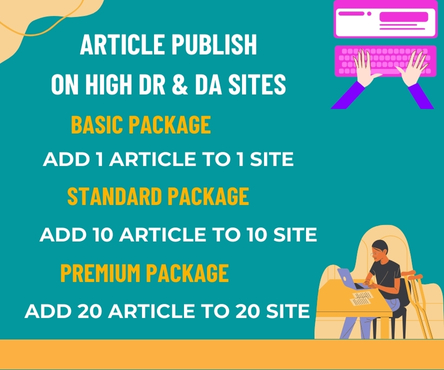In a world increasingly conscious of its environmental impact, businesses face mounting pressure to reduce their carbon footprint. As sustainability becomes a key priority for organizations across industries, the demand for effective carbon management solutions is soaring. In response, a new breed of technology is emerging: carbon management software. These innovative platforms offer comprehensive tools to measure, analyze, and mitigate carbon emissions, empowering businesses to make informed decisions and drive meaningful change. In this article, we delve into the why behind the growing importance of Carbon management software and how it is revolutionizing sustainability efforts worldwide.
Why Carbon Management Software?
- Environmental Responsibility:
The critical need to reduce carbon emissions is being more acknowledged as the threat of climate change becomes more acute. Investors, consumers, and regulators are putting more and more pressure on businesses of all sizes to implement sustainable practices. With the help of carbon management software, businesses can measure their impact on the environment, pinpoint problem areas, and monitor their development over time. Enterprises may show they care about the environment and help slow global warming by reducing emissions. - Regulatory Compliance:
Governments around the world are enacting stricter regulations aimed at reducing greenhouse gas emissions. From carbon pricing mechanisms to mandatory reporting requirements, businesses face a complex landscape of compliance obligations. Carbon management software streamlines the process of adhering to these regulations by automating data collection, analysis, and reporting. By maintaining compliance with current and future regulations, organizations can avoid penalties, reputational damage, and other legal risks. - Operational Efficiency:
Carbon management software provides real advantages in operational efficiency, in addition to facilitating regulatory compliance and environmental responsibility. Businesses are able to pinpoint areas for improvement thanks to these systems’ insights into energy consumption, resource usage, and emissions patterns. Carbon management software aids businesses in cutting costs and improving performance across the board by optimising supply chains, installing renewable energy solutions, and upgrading equipment for higher energy efficiency. - Risk Mitigation:
Climate change poses significant risks to businesses across all sectors, from supply chain disruptions to physical damage from extreme weather events. Carbon management software plays a crucial role in risk mitigation by helping organizations understand their exposure to climate-related risks and develop strategies to address them. By incorporating climate risk into decision-making processes, businesses can enhance their resilience and adaptability in the face of an uncertain future. - Competitive Advantage:
In an increasingly competitive marketplace, sustainability has emerged as a key differentiator. Consumers are becoming more environmentally conscious, and investors are placing greater emphasis on environmental, social, and governance (ESG) criteria. By embracing carbon management software and demonstrating a commitment to sustainability, businesses can enhance their brand reputation, attract environmentally conscious consumers, and access new markets. Moreover, by driving efficiency improvements and cost savings, carbon management software can confer a competitive advantage in the long term.
Conclusion:
As the imperative for sustainability intensifies, carbon management software is poised to play a central role in helping businesses navigate the complexities of carbon management. By providing the tools and insights needed to measure, analyze, and mitigate carbon emissions, these platforms empower organizations to align their environmental goals with their broader business objectives. In doing so, they not only reduce their environmental impact but also drive operational efficiency, mitigate risks, and gain a competitive edge in the marketplace. As we move towards a more sustainable future, carbon management software will continue to be a critical enabler of positive change.

